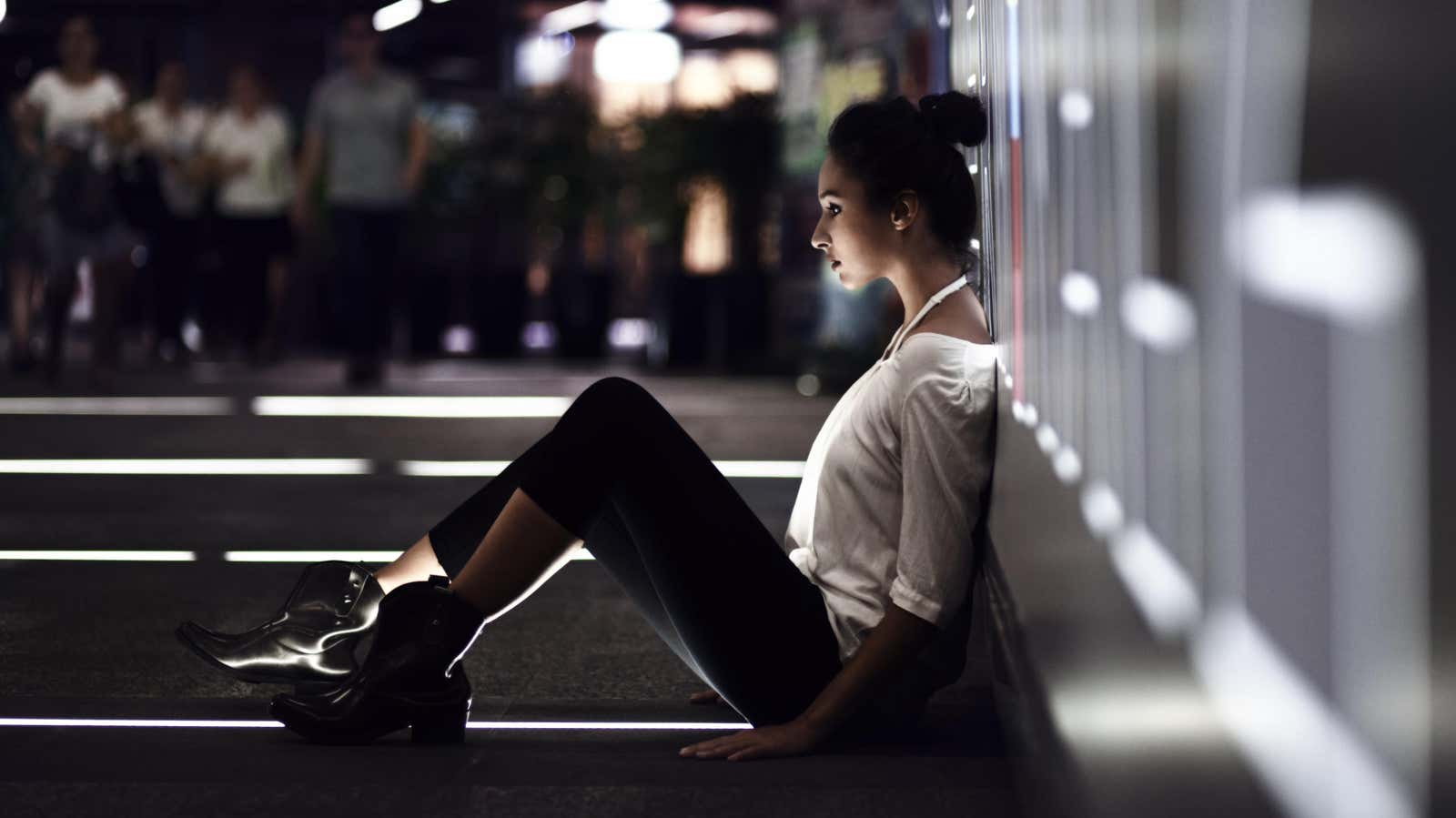How to Deal With Social Burnout

Social burnout is the term we use when you overexert yourself on social media to the point where you feel like you just can’t do it anymore. This causes stress, exhaustion and irritability. The COVID-19 pandemic, which has led to “social distancing” and “quarantine” as common terms in our everyday jargon, has changed many aspects of our lives , including social ones. However, as restrictions are eased, we may have rescheduled our social activities in an attempt to make up for lost time, which can lead to this kind of burnout.
Here’s what to look out for if you think this is happening to you, and how to deal with it.
Signs that you are experiencing social exhaustion
We live in a society that emphasizes social interaction. Therefore, it can sometimes be difficult to recognize the signs that you are burning out at all, and that this is the cause of this burnout. Here are some common signs that you are experiencing social burnout:
- You can’t focus : Your brain is tired to the point where processing and focusing becomes difficult.
- You feel excessively tired : You feel exhausted or empty even after several hours of sleep.
- You Feel Anxious : The thought of having to step outside of your personal space makes you feel anxious.
- You feel depressed : You may feel a change in mood during daily activities.
- You are irritable : you feel like you don’t have the same patience as usual and can be more concise with others.
Ways to deal with social fatigue
Whatever situation you are in, there are some general strategies to help you avoid fatigue. These suggestions take practice, but incorporating them into your daily life will help.
Identify your main triggers
If you can identify situations that make you feel drained, you’re off to a good start. Some common triggers:
- Attending major events
- The need for communication as part of your job
- Feeling the need to talk to more people
Set boundaries and prioritize
It’s normal to feel tired from a busy schedule of social events. Practicing self-confidence is important here, according to Noah Klayman, a licensed clinical social worker, board-certified cognitive behavioral therapist and director of NYC Cognitive Therapy . “We all differ in how comfortable we are with talking and putting our own needs ahead of the needs of others, but sometimes it’s necessary to maintain our well-being,” Klayman said. “It can help rethink the situation: if the situation is really not an emergency, others can probably wait an hour (or more) for an answer. If receiving continuous notifications is still stressful, consider turning off certain types of alerts or certain conversations.”
This also applies to real social events. The word “no” is your friend here. Write a list of all the things you have to do, and then divide them into “need to go,” “would be nice to go,” and “don’t have to go.” The goal is to organize the events you should attend and skip the ones you don’t have to attend, and also give yourself the opportunity to go to the things you would like to attend if you have the energy. It also helps set time limits on how long you stay at a social event.
“Alternatively, consider ‘showing up’ but apologizing for such a pushy statement after a certain amount of time,” Klayman said. “Finally, if the conversation is too focused on the pandemic or other current events, think about it (like ‘I’m trying to take my mind off the news…’) and then switch the dialogue to other topics .”
Schedule time alone with yourself and take “micro-breaks”
It is important to give yourself precious time alone to recharge. Take at least 10 minutes a day just for yourself. In addition, while communicating with other people, you can take small breaks. This might include going to the bathroom and taking a few short breaths alone, or taking a short walk for a few minutes in the fresh air.
How to recover from burnout
Sometimes burnout does happen. If you are feeling socially drained, the following activities may help:
- Practice self care . Self care can be different for everyone. Some people like to lie on the couch and watch their favorite series, while others prefer to play sports. Write down the things that help you feel recharged. It could be reading a book, listening to your favorite songs, taking a bath, or cooking delicious food.
- Find time to rest . While face-to-face communication can be exhausting, the same can be said for social media. Consider putting your phone down and having some time on your own.
- Try to meditate . According to Klayman, “The main way to deal with the negative effects of stress is meditation; in fact, numerous studies in recent decades have demonstrated the benefits of meditation for many aspects of physical, emotional and mental health.” He pointed out that meditation does not require “fancy equipment” or any formal training. Here is a list of free apps to help you get started.
Ultimately, there is no surefire way to deal with the effects of the pandemic on our socialization, but setting realistic goals, practicing self-confidence, and making time for ourselves are all ways to prevent social burnout. Developing your own resources to manage your symptoms is the most sustainable and practical way to manage your symptoms, so don’t be afraid to try and tweak our suggestions to work best for you. According to Klayman, “It’s a marathon, not a sprint.”